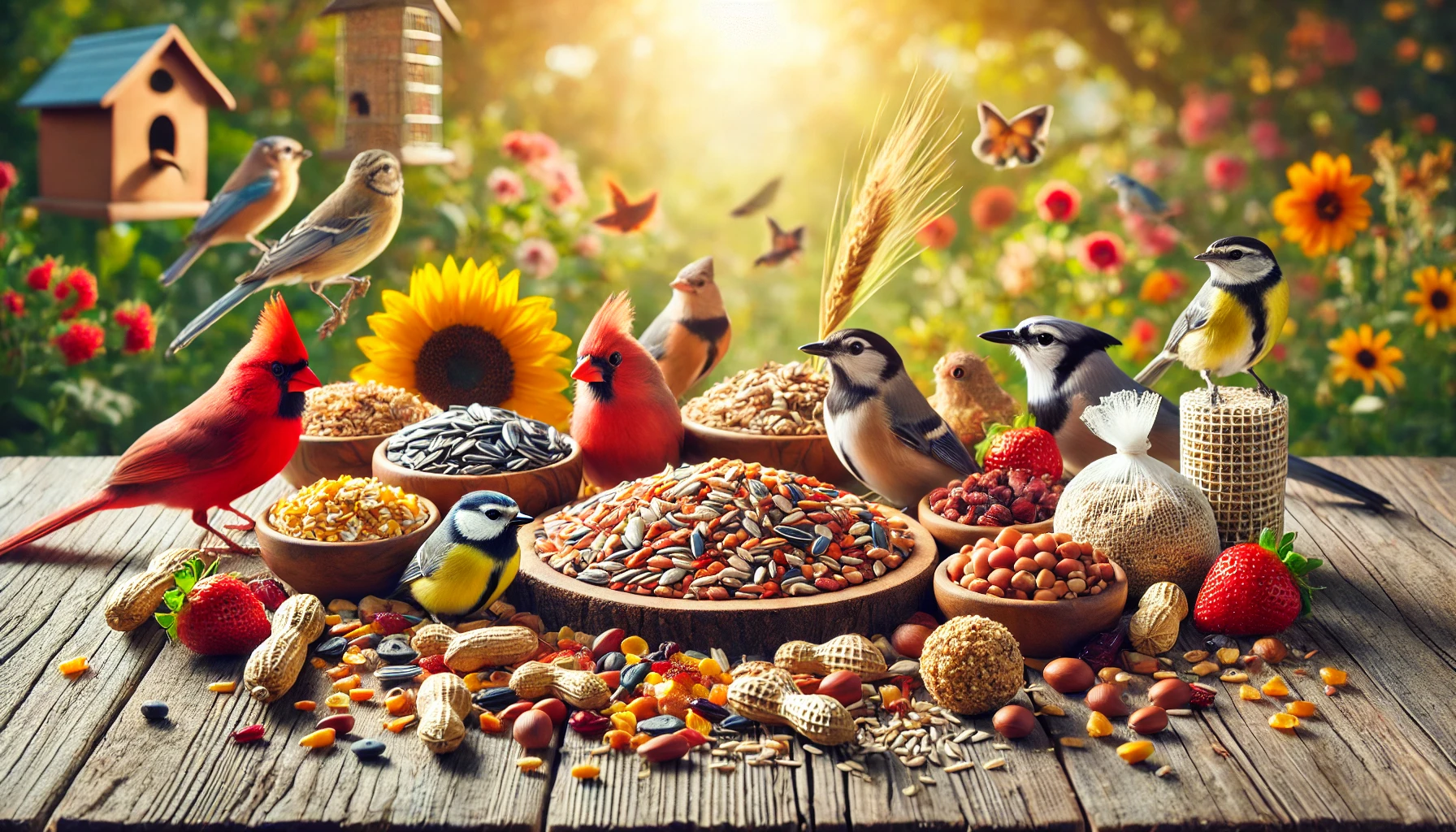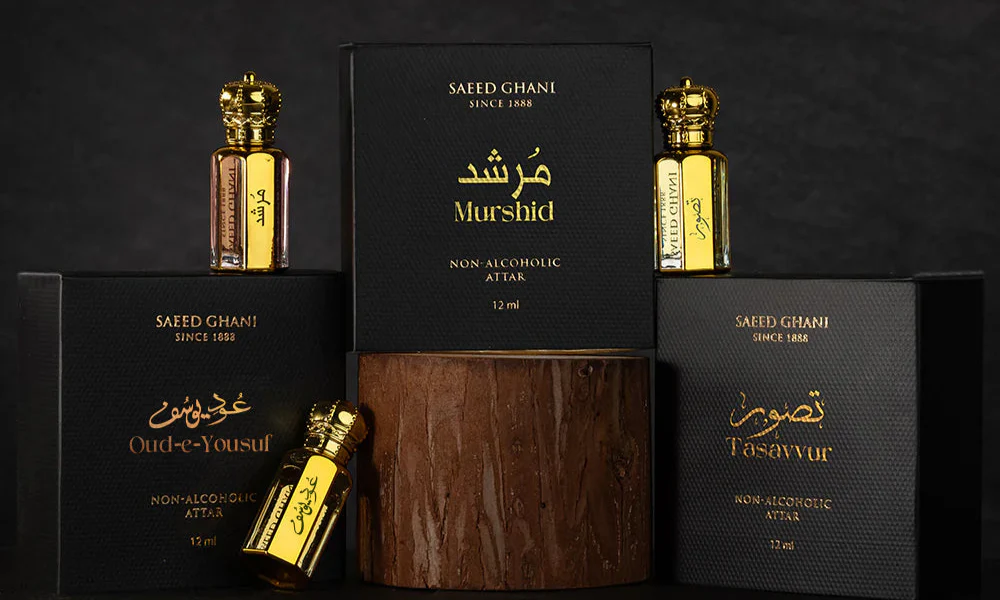If you’ve ever tried attracting wild birds to your garden or backyard, you know how important it is to provide the right kind of food. Wild bird food can make a significant difference in the number and variety of birds that visit your yard. Birds are attracted to specific ingredients in wild bird seed, and by choosing the right ones, you can ensure a steady stream of feathered friends.
In this post, we’ll cover 10 wild bird food ingredients that birds simply can’t resist. Whether you’re a seasoned birdwatcher or just starting out, this guide will help you make smarter choices for your bird food offerings.
1. Sunflower Seeds
Sunflower seeds are undoubtedly one of the most popular and nutritious ingredients in wild bird food. Birds, especially species like chickadees, finches, and cardinals, are drawn to sunflower seeds for their high-fat content, making them an excellent energy source. The seeds are packed with essential oils and protein, which are essential for birds, especially during colder months.
There are two types of sunflower seeds: black oil sunflower seeds and striped sunflower seeds. Black oil sunflower seeds are preferred by most wild birds because of their higher oil content and thinner shells, making them easier to crack open.
2. Safflower Seeds
Safflower seeds are a great addition to any wild bird seed mix. They are rich in fat and protein, providing birds with the nutrients they need to stay energized. While some birds may be hesitant to eat safflower seeds, species like cardinals, grosbeaks, and woodpeckers find them irresistible. Additionally, safflower seeds tend to deter squirrels, making them a smart choice for your feeding station.
3. Millet
Millet is a small, round seed that’s especially favored by ground-feeding birds like juncos, sparrows, and doves. Millet is easy for these birds to eat and digest, and it is also highly nutritious. If you want to attract a variety of wild birds, including those that prefer feeding on the ground, millet should definitely be part of your bird food offerings.
4. Peanuts (Shelled or In Shell)
Peanuts are a favorite among many wild birds, including woodpeckers, nuthatches, chickadees, and jays. They are packed with protein and healthy fats, making them a great energy source, especially during winter. Peanuts can be offered in their shell for added challenge or shelled for convenience, depending on the birds in your area. Be sure to provide unsalted peanuts, as salted nuts can be harmful to birds.
5. Nyjer (Thistle) Seed
Nyjer seed, also known as thistle seed, is particularly popular among small songbirds such as goldfinches, siskins, and redpolls. This tiny, oily seed is high in fat and protein, making it a perfect source of energy for birds, especially during migration or cold weather. To attract finches to your yard, consider offering this specialized wild bird seed in a tube feeder.
6. Cracked Corn
Cracked corn is another staple ingredient that wild birds love. It’s a good option for attracting larger birds like pigeons, doves, and turkeys. Cracked corn is often a component of bird food mixes but can be offered on its own as well. It’s an excellent energy booster for birds in colder months, as it’s high in carbohydrates and easy to digest.
7. Suet
Suet is a high-calorie food source that’s especially beneficial for woodpeckers, nuthatches, and other insect-eating birds. It provides essential fats and nutrients, making it an ideal choice for colder weather. Suet can be offered in a variety of forms, such as plain suet cakes, suet mixed with seeds, or suet with dried fruits. Birds love it, and it provides the much-needed fat content they require during winter months.
8. Dried Fruit
Many wild birds enjoy a sweet treat in the form of dried fruits like raisins, currants, or cranberries. These fruits are packed with sugars, providing a quick burst of energy for birds. Dried fruit is also an excellent source of vitamins and minerals. You can offer it in your bird food mix or place it separately to attract species like thrushes, robins, and bluebirds.
9. Tree Nuts (Pecans, Walnuts, Almonds)
Tree nuts like pecans, walnuts, and almonds are a great addition to wild bird food. These nuts are rich in fats and protein, offering birds a nutritious and energy-boosting snack. Many species, including woodpeckers, jays, and squirrels, will be drawn to these nuts. If you’re offering them whole, make sure to break them into smaller pieces to make them more accessible to birds.
10. Crushed Oyster Shells
While not a traditional “seed” or “food,” crushed oyster shells are an important ingredient in wild bird food, especially for species that require extra calcium, such as pigeons, doves, and sparrows. Crushed oyster shells provide essential minerals that help with bone health, egg production, and overall well-being. These shells also aid in digestion, making them a must-have for backyard bird feeding stations.
FAQs
1. Can I mix these ingredients together in a bird food blend?
Absolutely! Many of these ingredients, such as sunflower seeds, millet, and cracked corn, can be mixed together to create a balanced wild bird seed blend that attracts a variety of birds. You can experiment with different combinations to see which works best in your area.
2. How often should I refill my wild bird feeders with fresh food?
Wild birds are creatures of habit, and they will often return to feeders if they are consistently stocked with food. Depending on the size of your feeders and the number of birds visiting, you may need to refill them every few days or weekly. Be sure to monitor the food levels and freshness, especially in hot or humid weather.
3. Can I feed birds bread or other human food?
It’s best to avoid feeding wild birds bread or other human food. These foods can be harmful to their health and may not provide the proper nutrition they need. Stick to specially formulated wild bird food or natural seeds for the best results.
4. What types of wild bird food attract the most species?
A mix of sunflower seeds, safflower seeds, millet, and suet is a good starting point for attracting a variety of bird species. If you’re looking to attract specific types of birds, consider offering nyjer seed for finches or peanuts for woodpeckers and jays.
5. Should I use wild bird food year-round or only during certain seasons?
Wild bird food can be offered year-round, but different foods may be more appropriate during certain seasons. For example, high-fat foods like suet are great in winter, while lighter seeds like millet work well in spring and summer when birds are more active and require less fat for energy.














